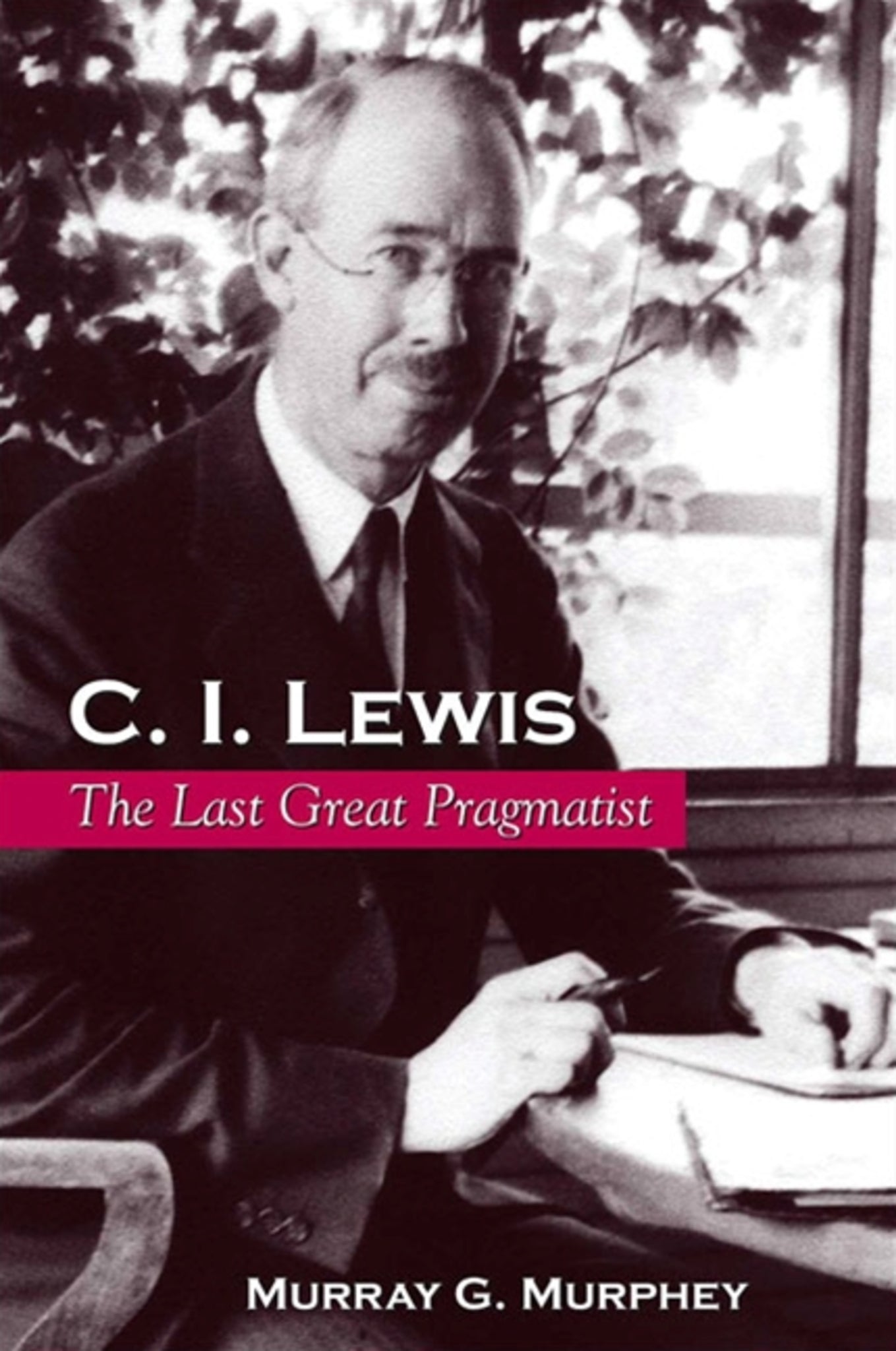We're sorry. An error has occurred
Please cancel or retry.
C. I. Lewis

Some error occured while loading the Quick View. Please close the Quick View and try reloading the page.
Couldn't load pickup availability
- Format:
-
01 June 2019

An intellectual biography of the American philosopher C. I. Lewis.
2006 CHOICE Outstanding Academic Title
Noted scholar-historian Murray G. Murphey explores the life and intellectual work of C. I. Lewis (1883–1964), the central figure in American philosophy between the "golden age" of James and Royce and the later scene of Quine and Goodman, Sellars and Rorty. As professor of philosophy at Harvard and the founder of modal symbolic logic, Lewis taught and deeply influenced a generation of philosophers. Murphey traces the development of Lewis's thought from his early Idealism through his Conceptual Pragmatism and his defense of that position against the onslaught of Logical Positivism in the 1930s and 1940s. He also examines how Lewis developed in a more precise and systematic way the Pragmatism of Peirce, James, and Dewey, while retaining their combination of empiricism and humanism and marshalling the weapons of analytic philosophy in their defense. Detailed attention is given to the important contributions of Lewis's work in logic, epistemology, value theory, meaning, and ethics.


Acknowledgments
List of Abbreviations
Introduction
Biographical Note I. Early Years
1. Idealism and Epistemology
2. Berkeley
3. Logic
Biographical Note II. Harvard
4. Pragmatism
5. Mind and the World Order
Biographical Note III. Middle Years
6. Logic II
7. Positivism and the Theory of Knowledge
Biographical Note IV. War Years
8. The AKV
Biographical Note V. Retirement
9. After the AKV
10. Ethics
Biographical Note VI. Final Years
11. Conclusion
Notes
Index



